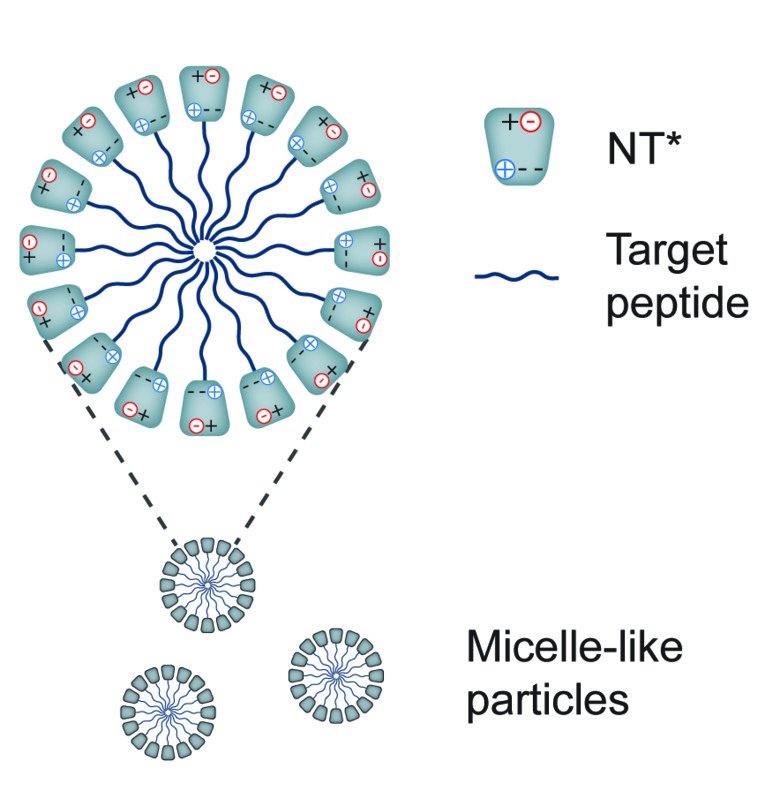”We are currently aiming to test treatment of covid-19 patients in a pilot study”
Here are current research projects in Johansson's and Rising's research groups related to covid-19. Among other things, it involves developing surfactant proteins synthetically in order to lubricate the lungs with this, so that breathing is facilitated in, for example, covid-19 (SARS-CoV-2) patients with ARDS.

Covid-19 (SARS-CoV-2) patients develop viral pneumonia, with cough, fever and possibly hypoxia. Imaging with computerized tomography often reveals bilateral infiltrates or ground glass opacities, the latter indicating alveolitis. It is at this stage that patients with covid-19 can develop acute develop respiratory distress syndrome (ARDS) and need to be hospitalized for close observations and monitoring. Alveolitis is characterized by influx of inflammatory cells, increased oxidative stress, and increased leakage across the blood-alveolar barrier. All these phenomena are associated with a loss of lung surfactant function, giving rise to increased surface tension that leads to airway closure. SARS-CoV-2 has also been shown to specifically affect alveolar type-II cells, i.e. the cells producing lung surfactant.
In our group we work on lung surfactant proteins and new analogues thereof that can be produced recombinantly using a tool derived from spider silk proteins (NT*). Surfactant protein D (SP-D) is part of the lung innate immunity. It has structural similarities and is complementary to surface antigens of several viruses, and recombinant SP-D binds to SARS-CoV-1 that gives rise to severe acute respiratory syndrome (SARS). Therefore, it is conceivable that treatment of acute respiratory distress syndrome (ARDS) secondary to corona virus infection can be treated with instillation of surfactant preparations that contain SP-D. Non-controlled case studies suggest that virus induced pneumonia indeed can be efficiently treated with instillation of surfactant preparations that contain SP-D.
Production of SP-D is problematic since it is a large and complex protein. We have shown that recombinant fragment human (rfh) SP-D can be efficiently produced in E. coli using our spider silk derived NT* solubility tag (Kronqvist et al, Nat Commun 2017). Importantly, rfh SP-D forms trimers, which is the functionally active state, and the yield of purified rfh SP-D from shake flask culture was high. Recently, we have shown that an NT* variant from another spider species and silk type is an even more efficient solubility tag (Abelein et al, Sci Rep 2020).
We are currently aiming to test treatment of covid-19 (SARS-CoV-2) patients with ARDS with exogenous surfactant preparations fortified with rfh SP-D in a pilot study.
Recent PhD theses from our group at NVS relevant to this work:
“A star is born: Development of NT* as a new biotechnological tool based on the mechanism of pH dependent dimerization of the spidroin N-terminal domain” by Médoune Sarr, defended Februari 28, 2020.
“Development of novel synthetic lung surfactants for treatment of respiratory distress syndrome” by Oihana Basabe-Burgos, defended March 20, 2020.
Janne Johansson, Professor of Biological Dementia Research , Deputy Head of Division
Anna Rising, Senior researcher
Division of Neurogeriatrics, NVS
